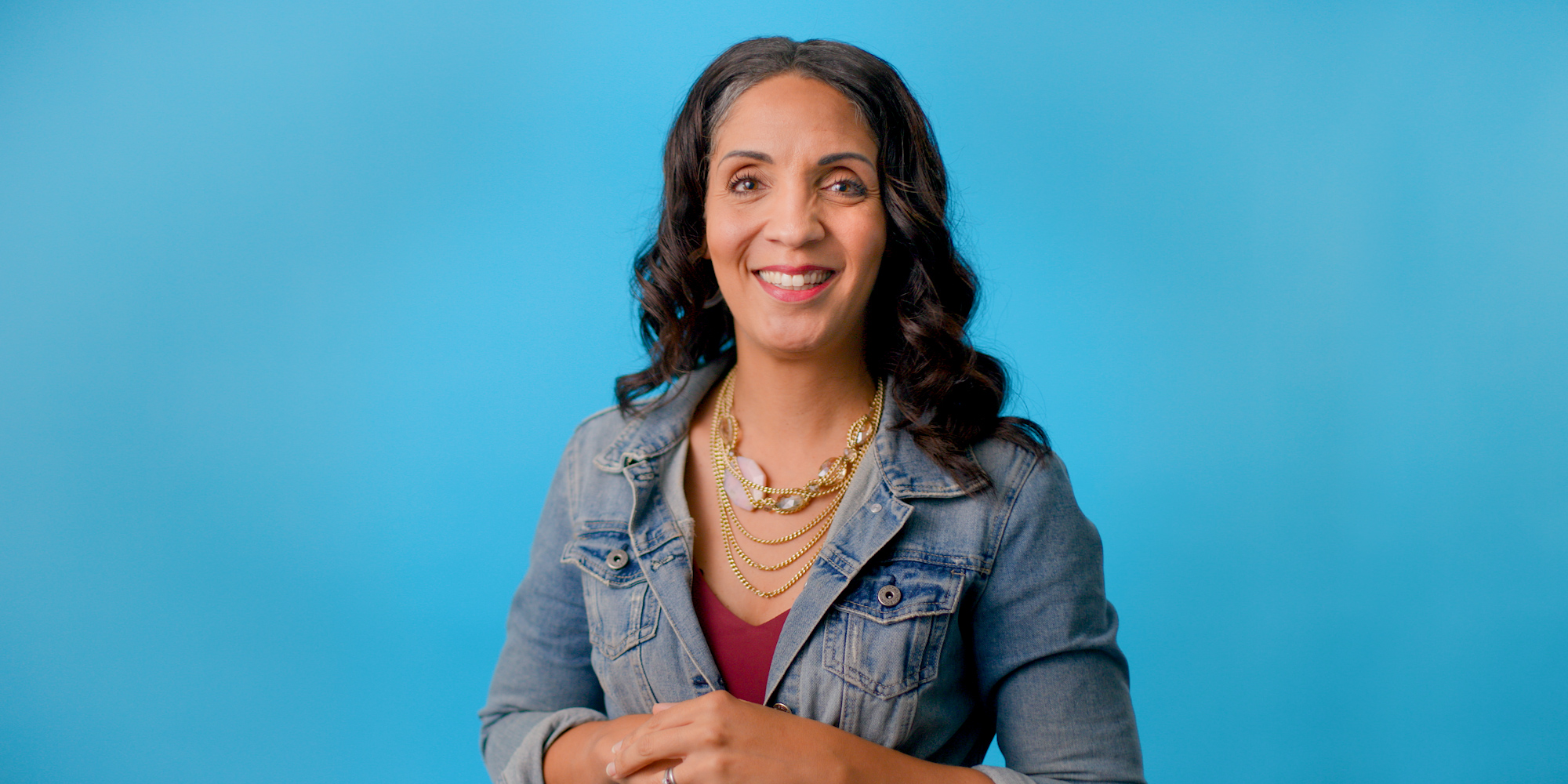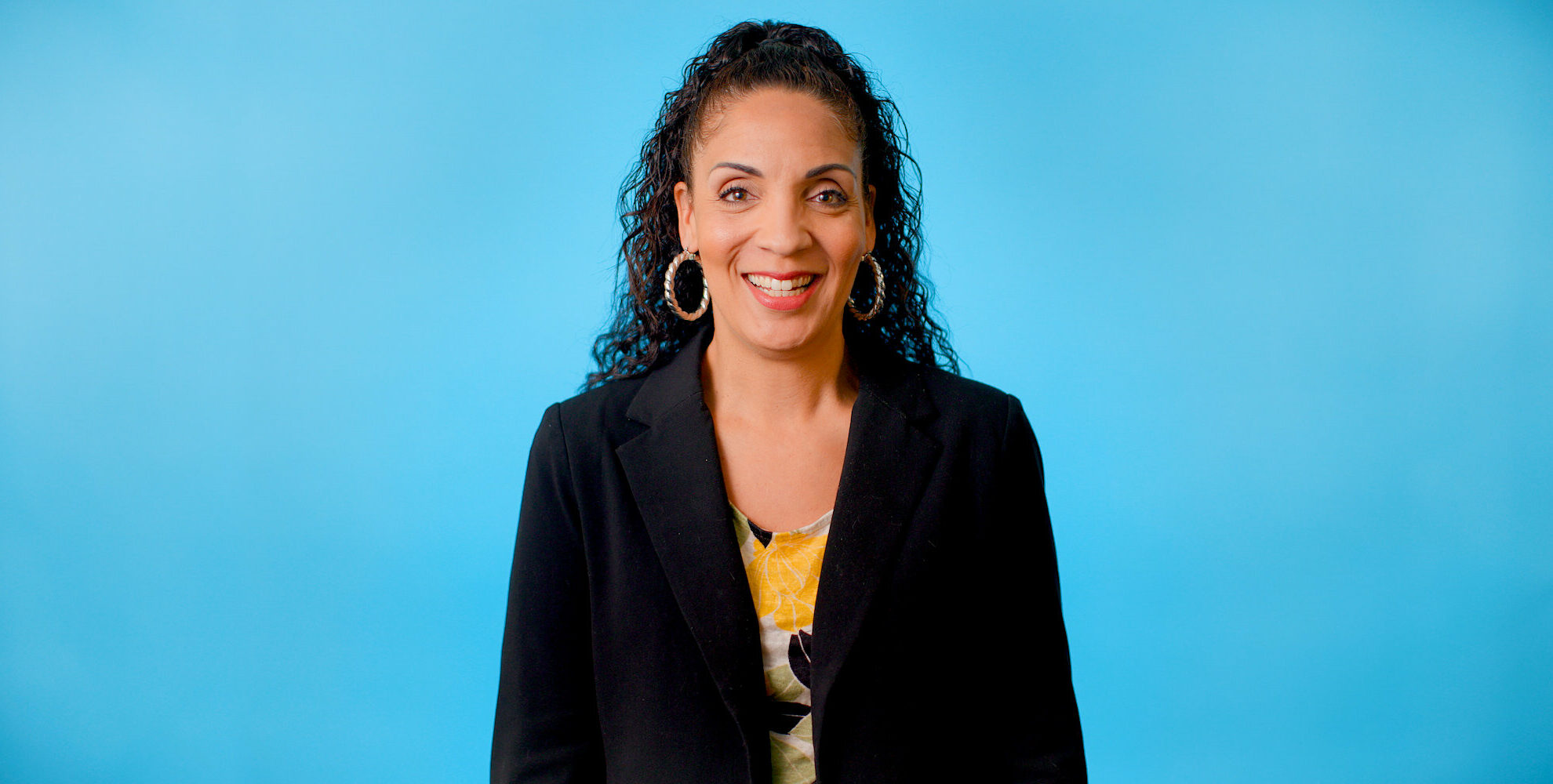The video is way more fun, but if you want to read the script and review all the numbers, scroll down, down, d-d-d-down…
Howdy, I’m Steve Brian, broker at Living Room Realty. Today I’m taking a deep dive into the age-old question: Should I continue renting, or should I buy my own home?
Well, it’s a nuanced conversation that doesn’t have a one-size-fits-all answer. So I’m gonna take you on the adventure of looking at all the math with you. Oh don’t worry, I’ve got my trusty TI- 84 here to help us crunch these numbers. Let’s do this!
The Home
For this case study, we’re going to use the average sale price of a 2 bedroom 1 bath house in Multnomah County in December of 2023, which was roughly $430,000 at the time I ran these numbers. I’m also gonna put taxes at $4,000 a year and insurance at $1,200 a year.
Using these numbers as our “control”, let’s really take a look at what the actual costs of buying and owning a home are. There are three main costs I’m going to break down: The actual cost of purchasing the home; the cost of the mortgage; and the cost of maintenance.
Number One: The Actual Purchase Of The Home
First, you’ve got the down payment, which can range anywhere from 3-20% (or more) but for this case study, we’re gonna go with 5% down or roughly $21,500. Next, you’ve got the inspection fees, which are gonna be around $1000.
Then there are the closing costs and prepaids: things like lender fees, prepaid taxes, title and escrow fees, etc. For this specific price range, these are probably going to be somewhere in the $10,000 range.
Just a quick side note: Agents used to say things like, “As your buyer agent, I don’t actually cost you anything and, since my commission is coming out of the sale from the listing agent, I’m basically free.” While that’s sort of true, I’ve always felt that it’s a bit misleading, as you are, in fact, paying a slightly higher price in order to have representation. However, that buyer’s agent commission is not actually a hard cost that comes out of your own pocket, it comes out of the total cost of purchasing the home. All in all, that commission would be around $10,750 – but for this scenario, we’re not going to include it in the cost of purchasing the home, since it’s not a hard cost.
Now, I could have an entirely separate video on what a buyer’s agent brings to the table but, for this example, let’s say that we both agree that you should definitely have a buyer’s agent in your corner (wink -ding sound, hold for a beat).
Okay, moving on.
So to review we’ve got…
- Down payment = $21,500
- Inspection costs = $1,000
- Closing Costs = $10,000
- For a grand total of $32,500
That brings us to…
Number Two: The Cost Of The Mortgage
Now this one is a little easier than the actual purchase of the home. You’ve essentially got the principal balance and the interest you pay on that principal balance along with the taxes and the homeowner insurance.
So with our theoretical home purchase being $430,000 at a 7.5% interest rate (which is almost an entire point higher than current rates as of the time of this recording) your all in monthly mortgage payment is going to come in at roughly $3,450
Which brings us to…..
Number Three: The Cost Of Maintenance
In general, you should plan to spend 1% of the sale price of your home every year to maintain the home. For our example here that would be $4,300 but for the sake of ease let’s just round that out to 5K even.
Summarizing all three of these costs:
- Getting into the home which is around $32,500
- The monthly mortgage around $3,450/month
- And the maintenance which we’re rounding up to around $5,000 a year.
Financial Gains
Now setting aside all the avocado on the floor moments and memories you make in this home, which are the emotional reasons for buying a home, there’s also the financial gains you make in home ownership. To calculate this, I did some historical comparisons and it’s safe to say that, over time, through the ups and downs, the housing market conservatively appreciates at about a 5% increase year over year.
This means that at the end of 5 years, the home you paid $430,000 for is now worth $550,000, leaving you with $120,000 of equity.
Okay now, let’s say it’s 5 years later and you’re looking to sell this house,
To keep this simple the total costs of selling this home subtracted from the equity you will have gained, will be around $30,000 dollars for an investment that you got to live in while you would have otherwise been paying rent.
Keep this in mind for later: All things considered, to buy and sell a house over 5 years, you will make a profit of around $30,000 and it will cost you $3,450/month for your mortgage.
Renting
Now, let’s talk about the cost of renting. This is much less complicated. When I ran this report the average rent in Multnomah County for 2 bed 1 bath houses was around $2,300.
For the 5 year comparison, we factor in an increase of 3% per year, which is justified by the annual property tax increase. This will give us an average rent of $2,450 a month for the first five years.
So on the rental side of the coin, you save: $1,000 a month; $12,000 a year and over 5 years, you will have saved up $60,000.
Remember the $32,500 that we were going to spend on a down payment, closing costs & inspections? Well since now we’re renting and not buying, let’s add that to the $60,000 and you’ve got $92,500 cash in hand at the end of 5 years.
On the homeownership side of the coin, after 5 years you’ll have roughly $140,000 in equity.
Buying 5 Years Later
Now let’s pretend you didn’t buy this house, but it’s 5 years later and you’re looking to purchase it now.
By the time we hit this 5 year mark, and assuming a 5% year over year appreciation rate in the housing market, the same home that was $430,000 dollars is now around $550,000 dollars.
Which means if interest rates stay the same, you would need roughly $130,000 toward your down payment and closing costs to purchase the same house five years later, if you wanna keep that same monthly payment around $3,450.
Now I get that interest rates might come down, but they also might go up. There’s no crystal ball here. But if they do go down, you have the ability to refinance and bring your monthly payment down.
So how much do you save by renting over the first 5 years? $1,000 a month.
How much do you lose? Well, that’s not as simple, there are a handful of variables to consider here-Inventory, Prices, Interest rates. Any fluctuations in these factors affect the equation for each of us individually on whether we should rent or buy.
To wrap things up, whether you rent or buy is a nuanced conversation, but hopefully this information helps give you more context for your own situation.
Make A Move
If you’re ready to make a move – whether it’s to rent or buy, call us today. We’d love to help you find your next Living Room.


